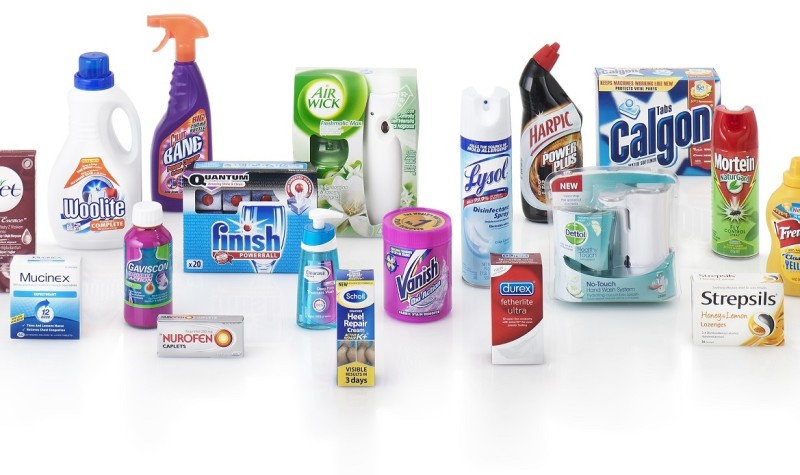Why Unilever and Reckitt Benckiser still have investment appeal

Robert Stephens, CFA, discusses the prospects for two FTSE 100 consumer goods businesses after a period of severe disruption for the industry.
The share price performances of FTSE 100 consumer goods companies Unilever (LON:ULVR) and Reckitt Benckiser (LON:RB) have been markedly different in the last year. While the former’s shares are down 7%, the latter has produced a 22% rise.
In spite of this, both stocks could post FTSE 100-beating returns in the long run, in my opinion. While expensive relative to other large-cap stocks, their strategies and enviable market positions could mean they offer investment appeal.
Recent performance
A key reason for the two companies’ differing investment returns in the past year is the Covid-19 pandemic. It has caused a surge in demand for health and hygiene products, in which Reckitt Benckiser specialises. This led to an 11% rise in the company’s sales, and a 15% increase in operating profit, in the first half of the firm’s fiscal year.
The pandemic has made trading conditions more difficult for Unilever. Containment measures across much of the world economy mean that sales of the company’s out-of-home products, such as ice cream, have slumped. This contributed to a 0.1% decline in its underlying sales in the first half of the company’s financial year.
Changing consumer trends
As well as causing a shift in consumer demand, the pandemic has also caused a change in consumer behaviour that could present an opportunity for both firms. Consumers were already switching their consumption from offline to online channels prior to Covid-19. This process now appears to be taking place at an increasingly fast pace, with Unilever reporting a 49% rise in e-commerce sales and Reckitt Benckiser’s online sales increasing by 60% so that they now account for 12% of its total sales.
Selling their products directly to consumers provides both businesses with an opportunity to reduce the buying power of major retailers. Not only does this mean there is the potential for higher margins, it could also lead to a closer relationship between the two companies and their customers. This may allow them to further develop customer loyalty, and to cross-sell a wider range of their products in the long run.
Updated businesses
Both firms are using the pandemic to strengthen their operational performance. Unilever is restructuring its operations and reviewing its asset portfolio, while Reckitt Benckiser is seeking to capture new growth opportunities such as through its recently-created professional services business.
They are also persisting with their long-term strategies to grow sales and profitability. For Unilever, this means focusing on the sustainability of its products so that they remain relevant as consumers become more environmentally and socially aware. Meanwhile, Reckitt Benckiser will continue to innovate within its diverse range of product segments.
Investment prospects
Both stocks trade on rich valuations. For instance, Reckitt Benckiser has a prospective price-earnings ratio of 23, while Unilever’s forward price-earnings ratio is only slightly lower at 21. However, they can justify high valuations as a result of their long-term growth potential. They occupy dominant positions across a wide range of market segments and appear to have the right strategies to use changing consumer trends to their advantage.
Therefore, even at a time when some stocks trade on extremely low valuations, Unilever and Reckitt Benckiser could offer long-term investment appeal.
Comments (0)